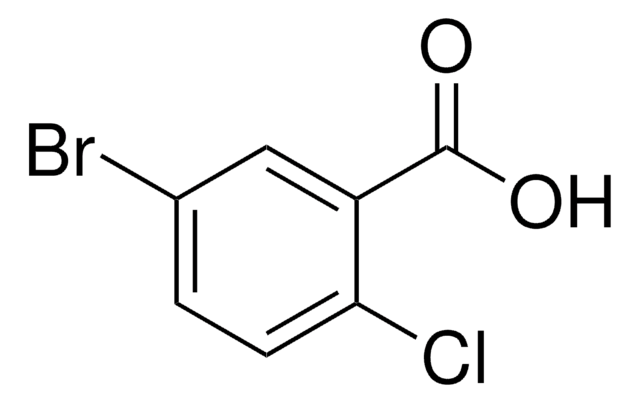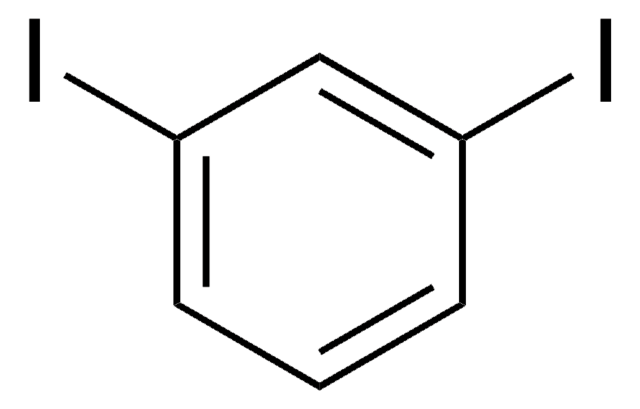241989
Ethoxybenzene
99%
Synonym(s):
Phenetole, Ethoxybenzene, Ethyl phenyl ether
About This Item
Recommended Products
Assay
99%
form
liquid
refractive index
n20/D 1.507 (lit.)
bp
169-170 °C (lit.)
mp
−30 °C (lit.)
solubility
alcohol: freely soluble(lit.)
diethyl ether: freely soluble(lit.)
water: insoluble(lit.)
density
0.966 g/mL at 25 °C (lit.)
SMILES string
CCOc1ccccc1
InChI
1S/C8H10O/c1-2-9-8-6-4-3-5-7-8/h3-7H,2H2,1H3
InChI key
DLRJIFUOBPOJNS-UHFFFAOYSA-N
Looking for similar products? Visit Product Comparison Guide
Related Categories
Application
Certificates of Analysis (COA)
Search for Certificates of Analysis (COA) by entering the products Lot/Batch Number. Lot and Batch Numbers can be found on a product’s label following the words ‘Lot’ or ‘Batch’.
Already Own This Product?
Find documentation for the products that you have recently purchased in the Document Library.
Customers Also Viewed
Our team of scientists has experience in all areas of research including Life Science, Material Science, Chemical Synthesis, Chromatography, Analytical and many others.
Contact Technical Service












